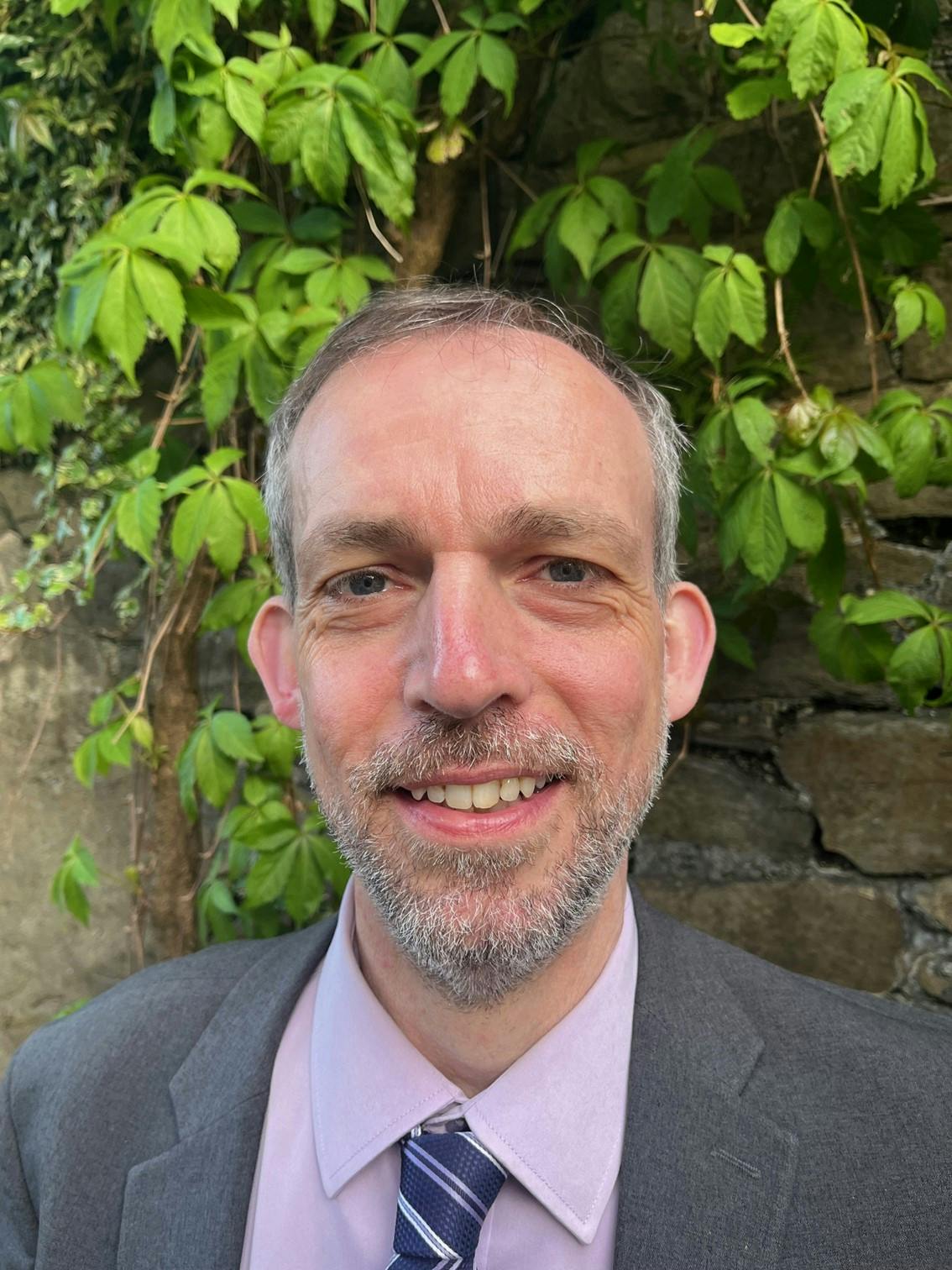How HDRC Projects Work
Can RCT HDRC help?
A HDRC project starts out as an idea on how the Council can better use evidence to make decisions in a particular area, service or project. The RCT HDRC evidence pie was developed to explain all the different types of evidence that is needed to enable evidence-based decision making. These are; lived experience, academic research, professional knowledge, organisational data, population data and impact management data.

Lewing, Gross & Molloy, Early Intervention Foundation (adapted)
A project idea can be born in the following ways:
- RCTCBC staff could identify opportunities or priority areas for improvement
- Community and partner organisations could identify priorities within the community
- The research community could identify a research project
- Our Community Voice Team could identify priorities within the community
- Members of the public could identify priority areas for improvement through telling us what matters to them, or becoming a Lived Experience Advisors. RCT HDRC can initiate a project based on this information.
Once this idea has been identified, it needs to be established whether RCT HDRC can help. We can help in the following areas:
Help to access, interpret and use the best available evidence for a particular purpose
Help to develop the skills, knowledge and confidence to collect, interpret and use evidence in day to day work.
Help to develop new research ideas to address gaps in the evidence base and to link with academics and apply for funding to undertake new research e.g. service evaluation.
If you feel that the HDRC can help, you can submit an enquiry to RCT HDRC. We are only accepting project enquiries at certain times of the year at the moment, you can check when we will be accepting projects here.
RCT HDRC Enquiry and Proposals process
Stage 1: Initial Review
The process begins when an enquiry is submitted. It is first reviewed by the RCT HDRC Team, who assesses whether it is complete, relevant, and aligned with HDRC’s objectives and RCT Council’s corporate strategy. If necessary, the enquirer may be asked for more information. If the enquiry does not meet the basic requirements, it is rejected. If it is deemed suitable, it moves forward to the HDRC Team Clinic for assessment.
Stage 2: HDRC Team Clinic
At this stage, members of the HDRC Team meet with the enquirer to discuss their enquiry in more detail. This helps to assess how it could benefit the Council, benefit residents, and support the HDRC to build the research infrastructure. It helps the HDRC Team to assess the importance; need; impact; feasibility; cost and capacity; and fit with HDRC funding and priorities. If major issues arise, such as unclear goals, lack of resources, ethical concerns, or conflicting priorities, the enquiry may be rejected. Otherwise, it progresses to the Collaborating Partner review stage.
Stage 3: Collaborating Partner Review
The assessment undertaken by the HDRC Team is then shared with the HDRC Collaborating Partners for their comments and input. This process helps to identify where the enquiry links with existing priorities, research and project work, who else could support this work and what capacity there is to develop and undertake this project. The comments received from collaborating partners are then used to make a decision on whether the enquiry is agreed as a HDRC project. If the proposal is considered high-risk, unclear, too costly, or lacking stakeholder support, it may be rejected.
Stage 4: Proposal Development
If an enquiry passes the clinic stage, a formal project Proposal Scoping Note is developed in collaboration with the enquirer. This document refines the objectives, methodology, research questions and expected outcomes of the project and finalises key details, including timelines, required resources, ethics, and dissemination of findings. It also breaks down the project into manageable tasks.
Stage 5: Proposal Agreement
The project Proposal Agreement needs to be signed by both the Project Sponsor (whoever is going to be responsible for owning the project) and the Head of the HDRC. This contract is then used to shape the implementation of the project and also to monitor progress against timescales to ensure the project is completed on time.
Stage 6: Our project has begun!
This is where we will be undertaking the tasks that have been agreed and set out in the Proposal Agreement. During this stage, the HDRC Team will convene Project Groups involving experts to help support and guide the gathering of evidence. Progress is reported to the Collaborating Partners via the Operational Delivery Group. Relevant projects will be published to our home page on our website, where you can see what we are focusing on and even get involved!
Stage 7: Evaluation and Reporting
When a project reaches completion, its outcomes are assessed, and a final report is prepared. Findings are shared, and lessons learned contribute to future improvements in the enquiry and proposal process.


